Cirrus Duo 6 tablets
Cirrus Duo tablets contain two active substances:
- cetirizine dihydrochloride
- pseudoephedrine hydrochloride.
Cetirizine dihydrochloride is an antiallergic drug, while pseudoephedrine hydrochloride constricts blood vessels in the nasal mucosa, thereby reducing nasal congestion.
Cirrus Duo – indications
Cirrus is indicated for the treatment of symptoms of seasonal and perennial allergic rhinitis, such as:
- nasal congestion,
- sneezing,
- watery nasal discharge (runny nose)
- itching of the nose and conjunctiva.
Cirrus is intended for use in cases where both the antiallergic effect of cetirizine dihydrochloride and the nasal decongestant effect of pseudoephedrine hydrochloride are desired.
Active substance: Cetirizine dihydrochloridum , Pseudoephedrine hydrochloridum
Cirrus Duo – lineup
| Each tablet contains | 5 mg cetirizine dihydrochloride in immediate release form |
| 120 mg pseudoephedrine hydrochloride in sustained release form | |
| The immediate release layer contains: lactose monohydrate, microcrystalline cellulose, croscarmellose sodium, colloidal anhydrous silica, magnesium stearate.
The prolonged-release layer consists of: hypromellose, microcrystalline cellulose, colloidal anhydrous silica, magnesium stearate. The Opadry Y-1-7000 white coating composition includes: hypromellose, titanium dioxide (E171) and macrogol 400 |
How to use Cirrus Duo?
Adults and children aged 12 years and over
One tablet twice daily (morning and evening), during meals or between meals.
The duration of treatment should not exceed the period of symptoms and should not exceed 2 to 3 weeks. After the symptoms of allergic rhinitis have subsided, treatment with cetirizine alone can be continued, if necessary.
Method of administration
Tablets should be swallowed whole, without crushing, and with an adequate amount of fluid. Tablets should not be chewed or crushed.
Special patient groups
Patients with renal impairment
In patients with moderate renal impairment the dose should be reduced to one tablet daily.
Patients with liver dysfunction
In patients with moderate hepatic impairment the dose should be reduced to one tablet daily.
When should you not take Cirrus Duo?
Cirrus is contraindicated in patients with:
- hypersensitivity to the active substances, ephedrine, piperazine or their derivatives or to any of the excipients listed in section 6.1,
- severe hypertension or severe coronary heart disease,
- severe renal failure,
- decompensated hyperthyroidism,
- severe heart rhythm disturbances,
- pheochromocytoma of the adrenal medulla,
- glaucoma or increased intraocular pressure,
- urinary retention,
- a history of stroke,
- groups at high risk of hemorrhagic stroke.
Cirrus is contraindicated in patients taking concomitant medications such as:
- dihydroergotamine,
- monoamine oxidase inhibitors (MAOIs), and within two weeks after discontinuing treatment with such products.
Cirrus should not be used in children under 12 years of age due to the lack of studies in this age group.


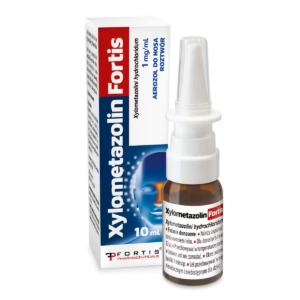
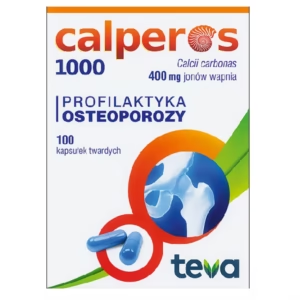
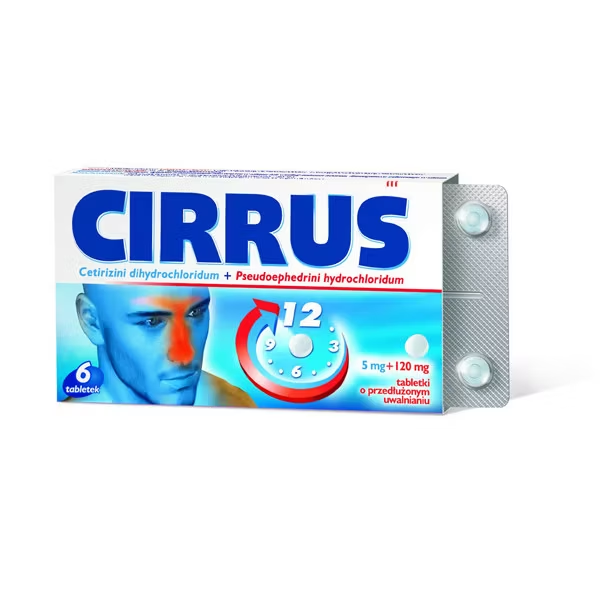
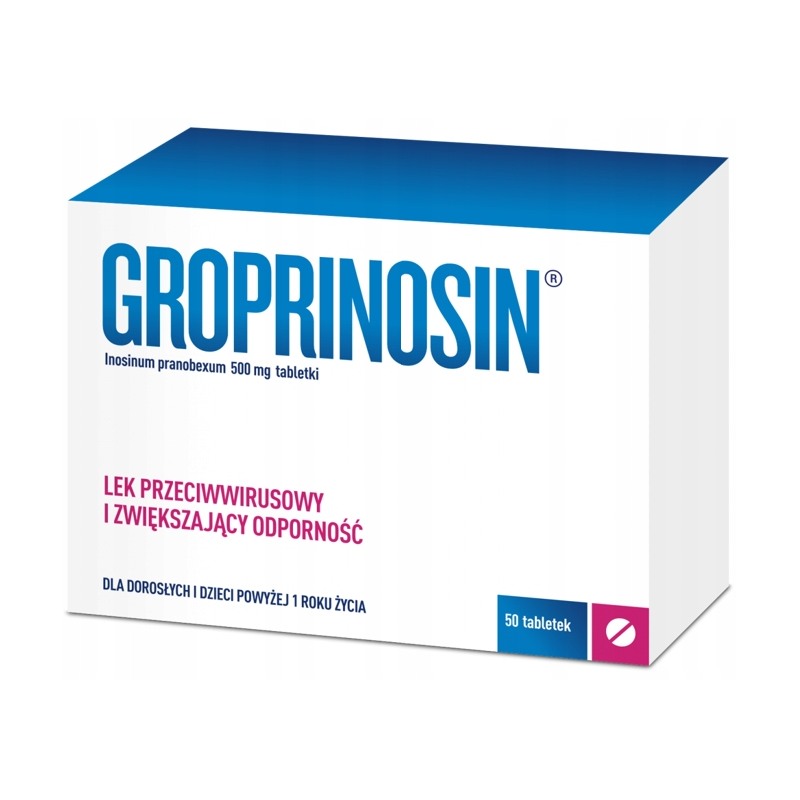
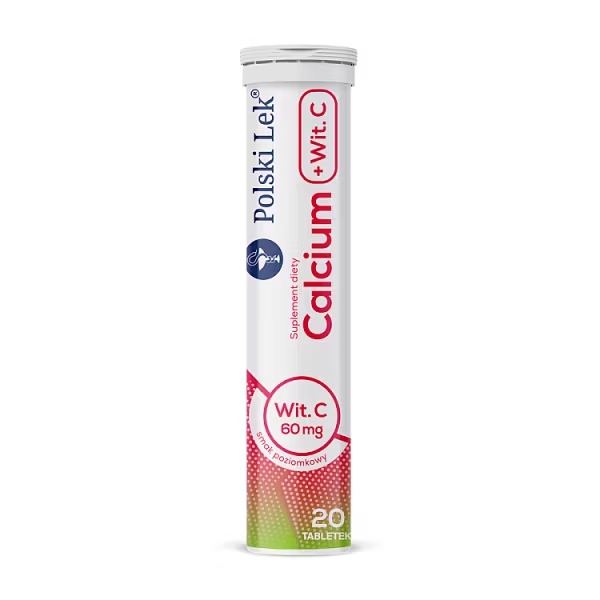
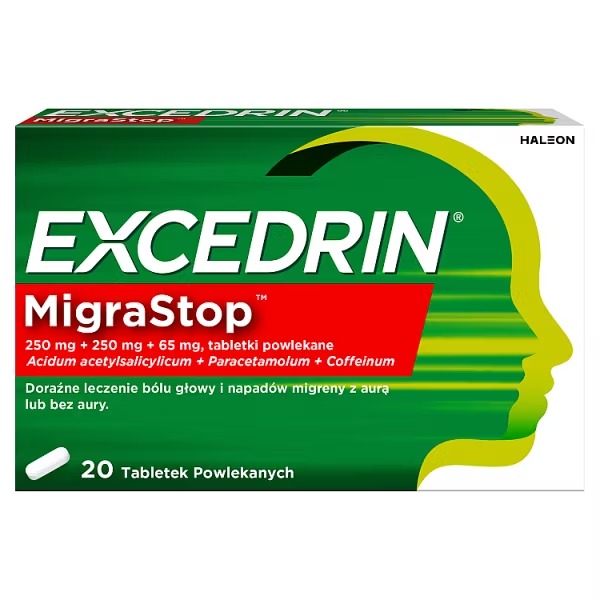

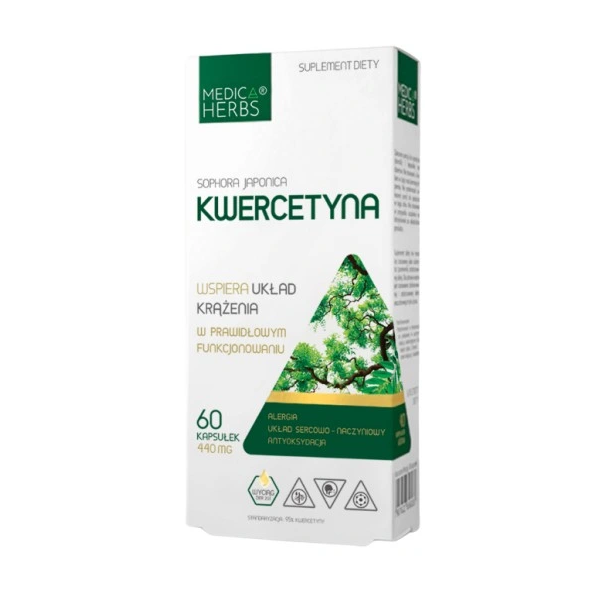




























Reviews
Clear filtersThere are no reviews yet.